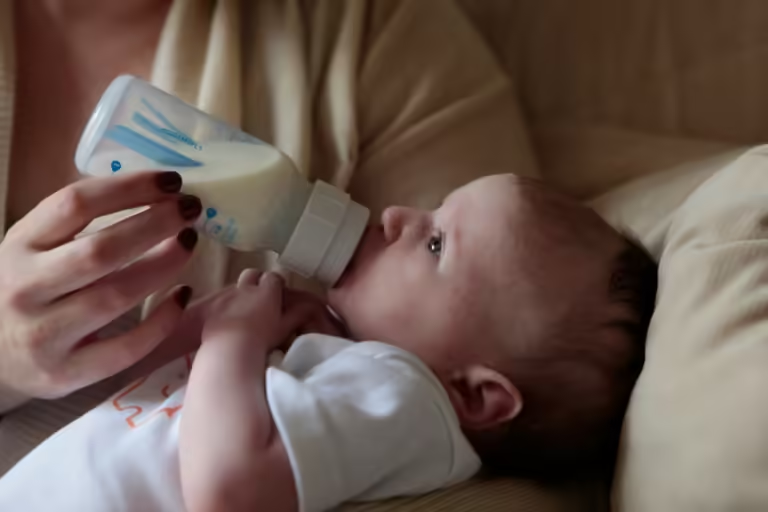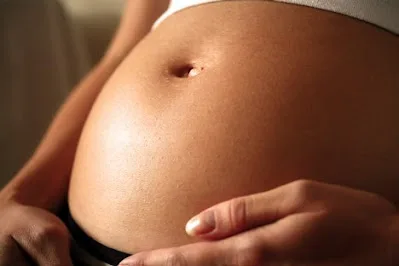As parents, we want nothing but the best for our precious little ones. This extends beyond love and care, encompassing the very products that touch their delicate skin and impact their budding world. In an era of growing environmental awareness, the demand for organic and eco-friendly baby products is soaring.
Gone are the days of accepting harsh chemicals and unsustainable practices. Today’s eco-conscious parents are actively seeking alternatives that align with their values, prioritizing both baby’s well-being and the planet’s health. This shift is driven by a multitude of factors, including:
- Concerns about harmful chemicals: Conventional baby products often contain synthetic ingredients and fragrances that can irritate sensitive skin and potentially pose long-term health risks.
- The rise of environmental consciousness: We’re increasingly aware of the detrimental impact of traditional production methods on our planet. Organic and eco-friendly products minimize this footprint, fostering a sense of responsibility for future generations.
- Desire for natural and gentle solutions: Parents are drawn to the inherent purity and gentleness of organic materials, offering peace of mind and comfort for their babies.
But what exactly does “organic and eco-friendly” entail in the realm of baby products? It’s a multifaceted approach that encompasses several key considerations:
Materials matter: Organic cotton, bamboo, wool, and hemp are some of the preferred choices for clothing, bedding, and accessories. These natural fibers are free from harmful pesticides and fertilizers, ensuring a soft touch against baby’s skin while minimizing environmental impact.
Chemical-free is key: Look for products that are free from harmful chemicals like BPA, phthalates, formaldehyde, and flame retardants. These substances can disrupt hormones, irritate skin, and pose potential health risks. Opt for unscented or naturally fragranced products to avoid synthetic perfumes.
Sustainable practices: Choose brands that prioritize sustainable sourcing, production processes, and packaging. Look for certifications like GOTS (Global Organic Textile Standard) and OEKO-TEX Standard 100 to ensure organic and eco-friendly practices.
Beyond the basics: The world of organic and eco-friendly baby products extends far beyond clothing and bedding. You can find everything from organic diapers and wipes to natural baby care products, wooden toys, and even sustainable furniture for the nursery.
Making the switch to organic and eco-friendly baby products isn’t just about individual choices; it’s about collective responsibility. By embracing this conscious approach, we can create a healthier environment for our children and future generations, while fostering a sense of connection with the natural world right from the very beginning.
Here are some additional tips for navigating the world of organic and eco-friendly baby products:
- Do your research: Read reviews, compare brands, and understand the certifications involved to make informed choices.
- Start small: You don’t have to replace everything overnight. Begin with key items like clothing, bedding, and bath products, and gradually incorporate more eco-friendly options.
- Think beyond the product: Consider the packaging and choose brands that use recycled or compostable materials.
- Support local businesses: Look for organic and eco-friendly products made by local artisans or small businesses. This not only reduces your carbon footprint but also supports your community.
Remember, every little step counts! By making conscious choices when it comes to our little ones, we can pave the way for a brighter, healthier future for all.
Let’s embrace the cradle-to-cradle philosophy and nurture our babies with the same care and respect we have for our planet. Together, we can create a world where sustainability and well-being go hand in hand, starting with the tiniest treasure in our arms.








